Rare pictures of the British special operation to save children during the Holocaust
Categories: Children | History
By Pictolic https://pictolic.com/article/rare-pictures-of-the-british-special-operation-to-save-children-during-the-holocaust.htmlOn the night of November 10, 1938, thousands of synagogues and Jewish businesses throughout Nazi Germany and parts of Austria were burned or destroyed. This tragic event is known in history as Kristallnacht, or the Night of Broken Shop Windows. At least 91 Jews died, and tens of thousands were taken prisoner to go to concentration camps later. This event was the beginning of one of the most terrible genocides in world history — the Holocaust.
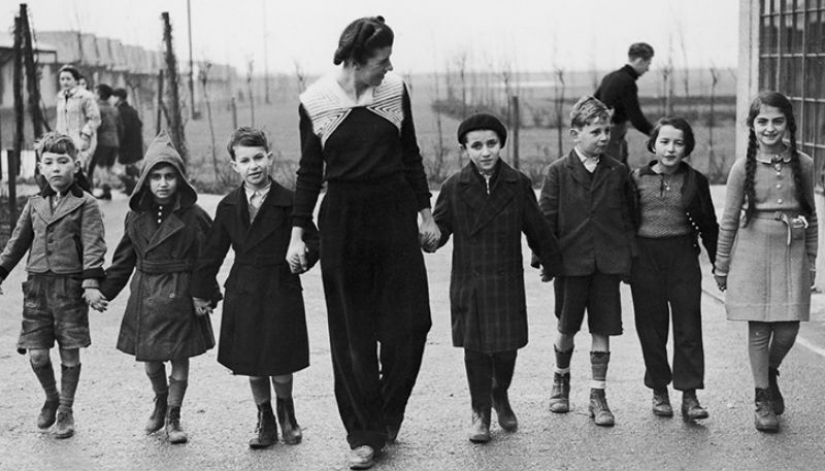
In response to the actions of the Nazis, British Jews and Quakers filed an emergency appeal to Prime Minister Neville Chamberlain with a request for permission to temporarily import Jewish children into the country without parents and other accompanying persons.
The bill was adopted as a matter of urgency. Within a few days, representatives of the British community were sent to Germany and Austria to arrange safe passage for Jewish children at risk of persecution. In the media, the rescue operation was dubbed "Kindertransport".

January 11, 1939. The mentor at the Dovercourt refugee camp rings the bell to announce the start of lunch.
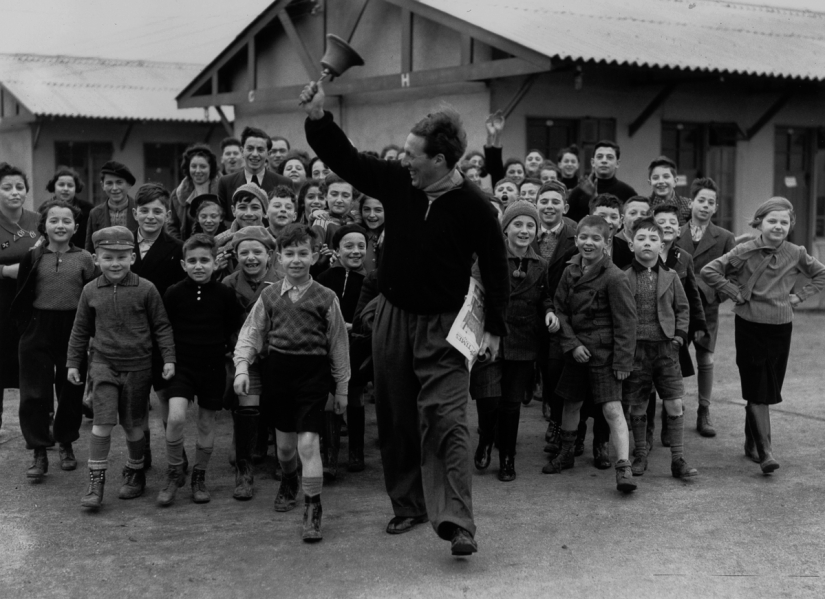
December 2, 1938. The first refugees in England.
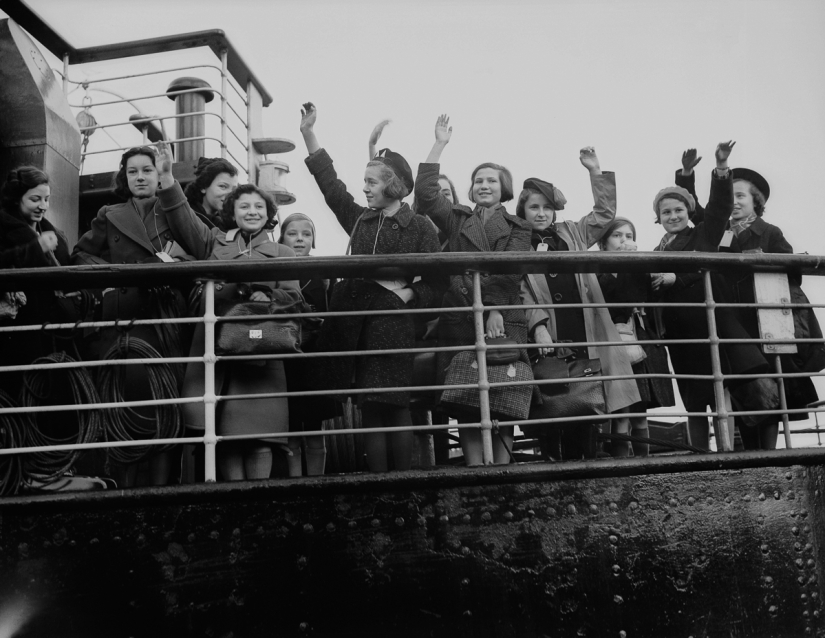
December 2, 1938. German-born Jewish woman Helga Samuel arrives in Harwich.
On November 25, British citizens heard on BBC radio a call from Herbert Samuel to temporarily take care of Jewish children. Soon, about 500 offers were received, and RCM volunteers began visiting potential foster homes and compiling reports on living conditions.
Three weeks after Kristallnacht, the first group of 196 Jewish children, mostly from burned-down shelters in Berlin, arrived in the UK. In the next 9 months, before the outbreak of World War II in September 1939, almost 10,000 children from 3 to 17 years old, left without parents or guardians, from Germany, Austria, Poland and Czechoslovakia were transported to the United Kingdom.
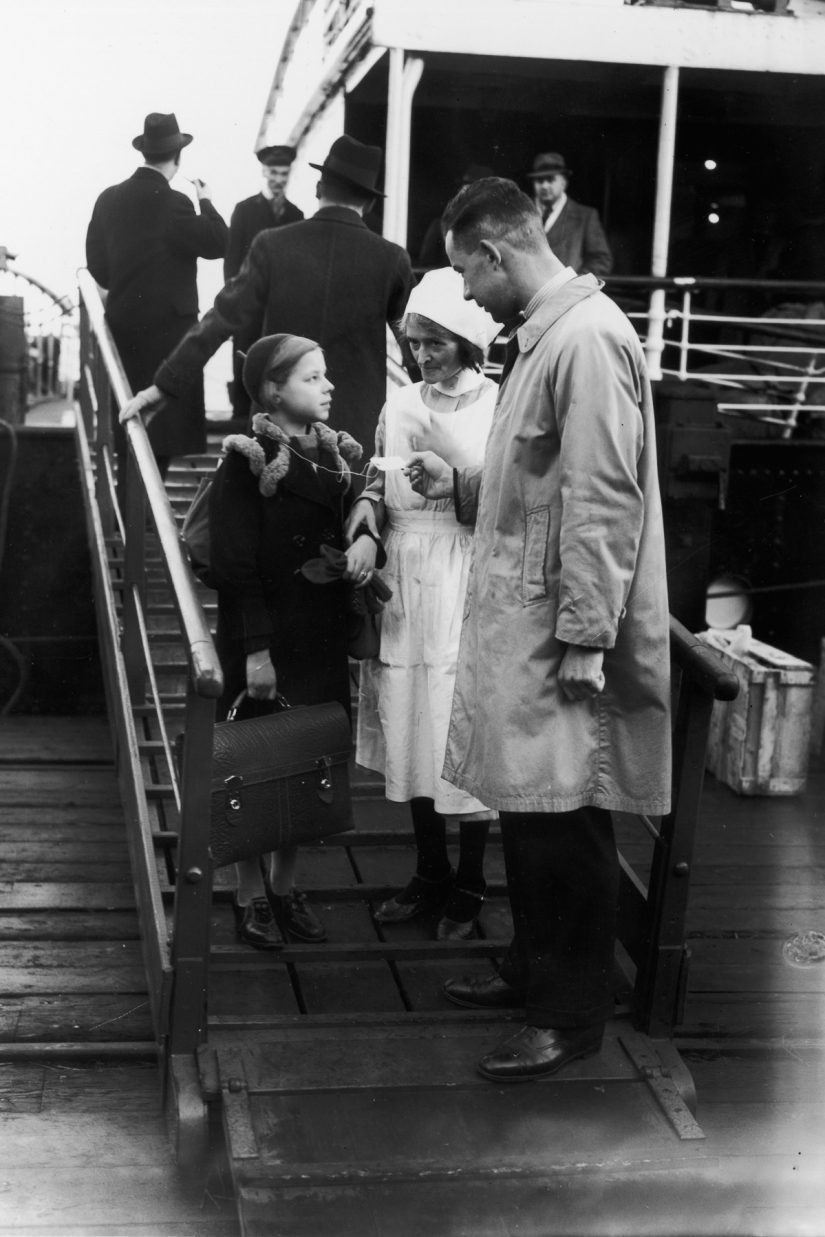
December 2, 1938. A Kindertransport agent meets refugees.
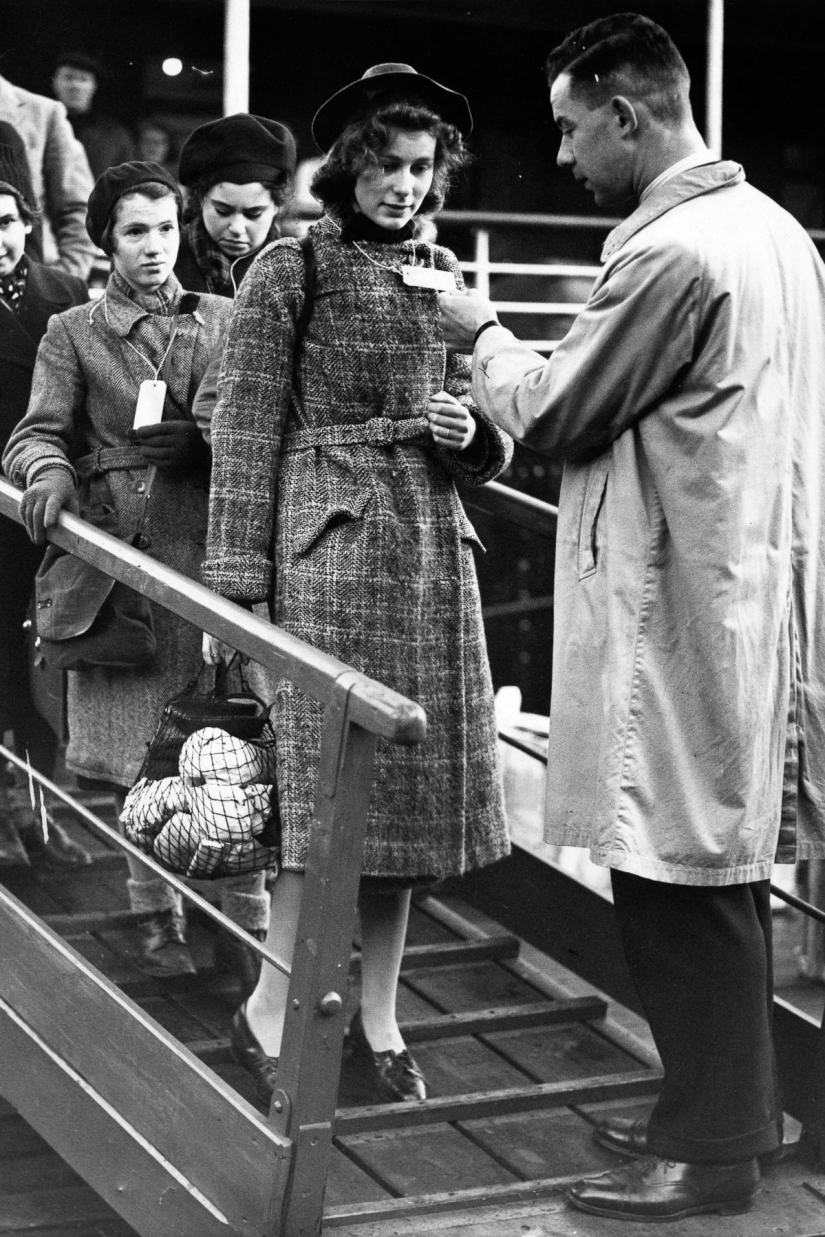
1939. Temporary documents for Kindertransport refugees.
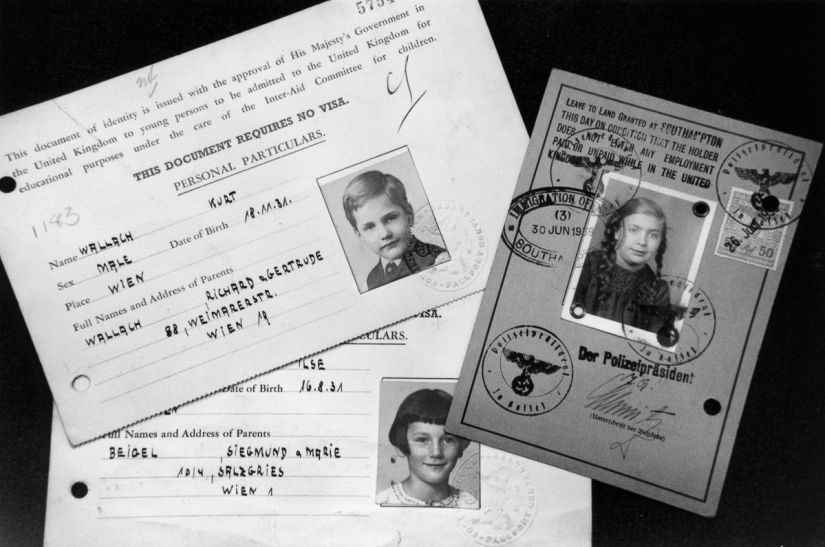
December 2, 1938.
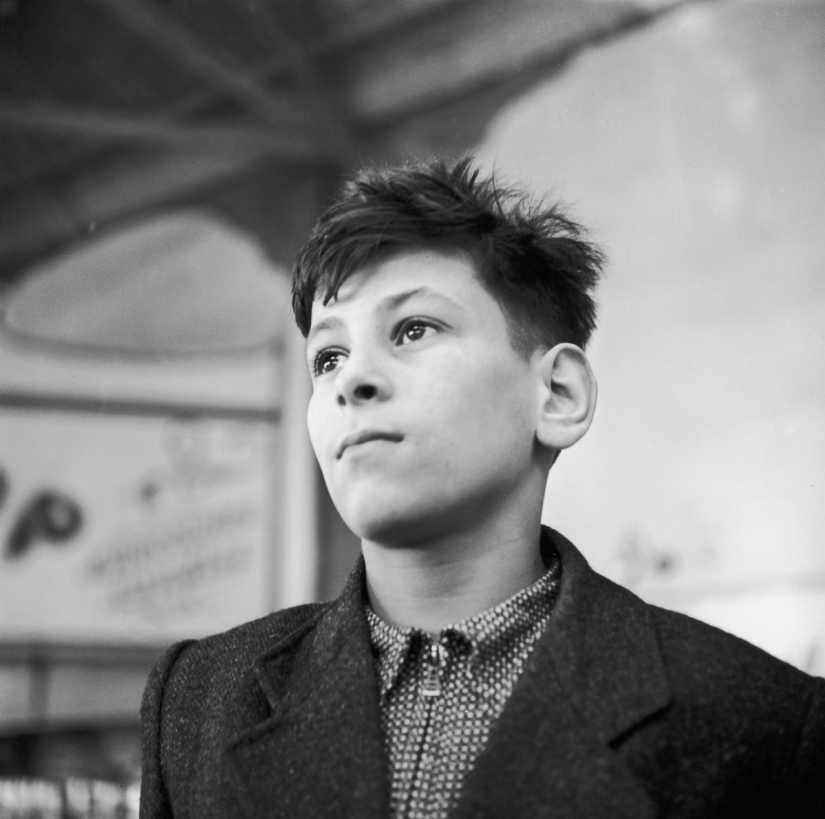
December 2, 1938. 8-year-old refugee Josefa Salmon in Harwich.
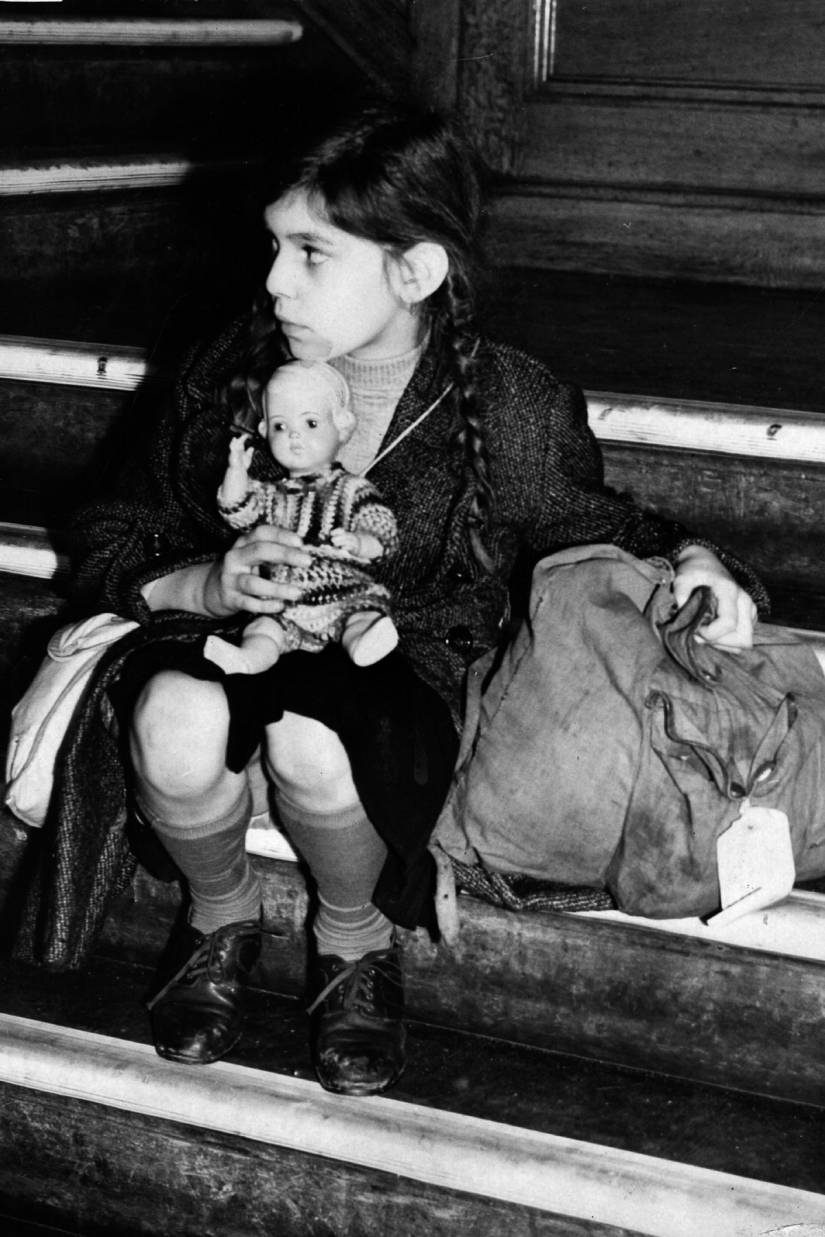
December 2, 1938. Max Unger arrives at a refugee camp.
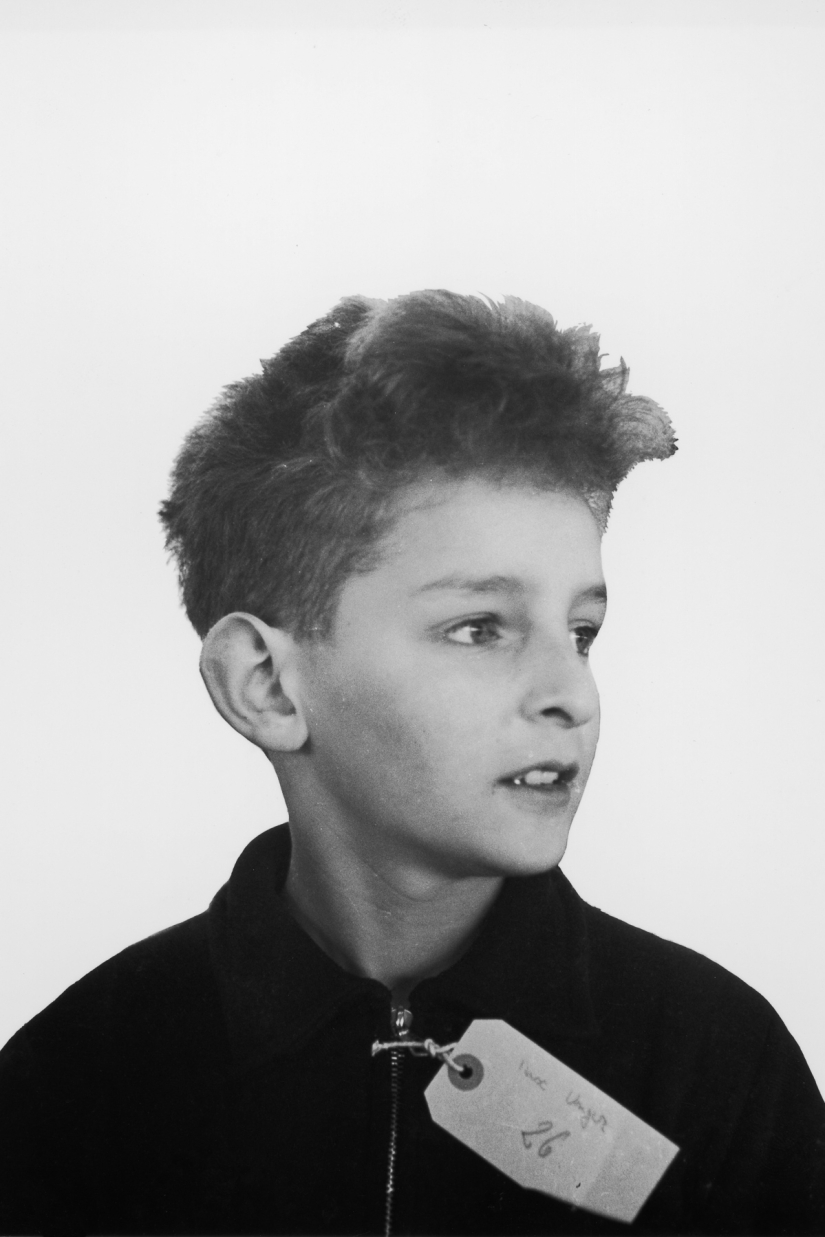
December 17, 1938. A Jewish boy is learning English.
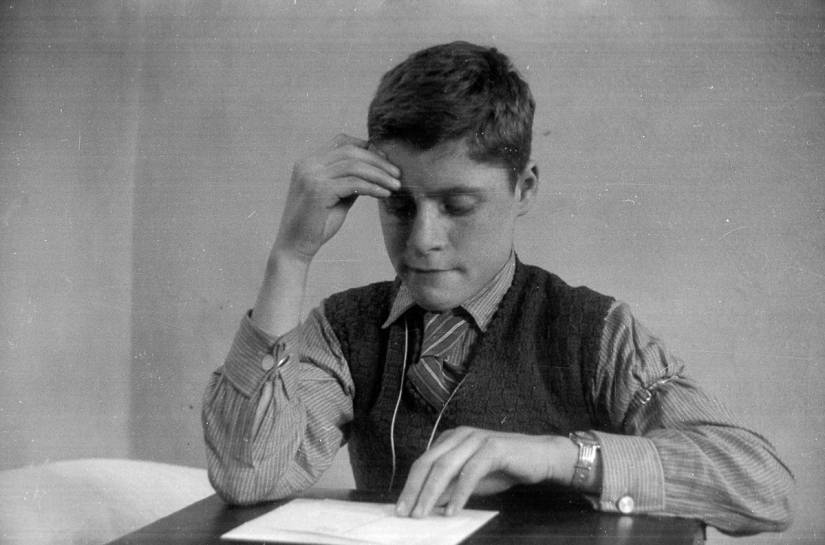
December 17, 1938. A Jewish boy during a long-awaited vacation at the Dovercourt camp.
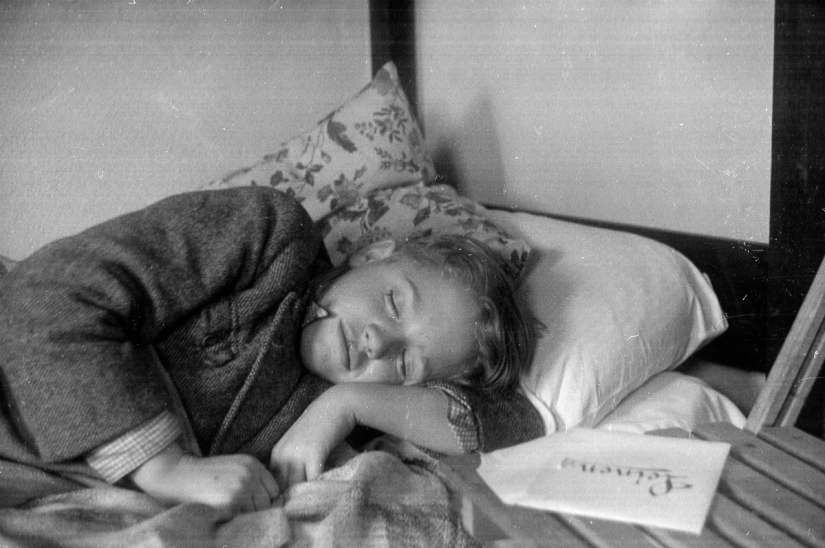
December 1938. A Jew of German origin.
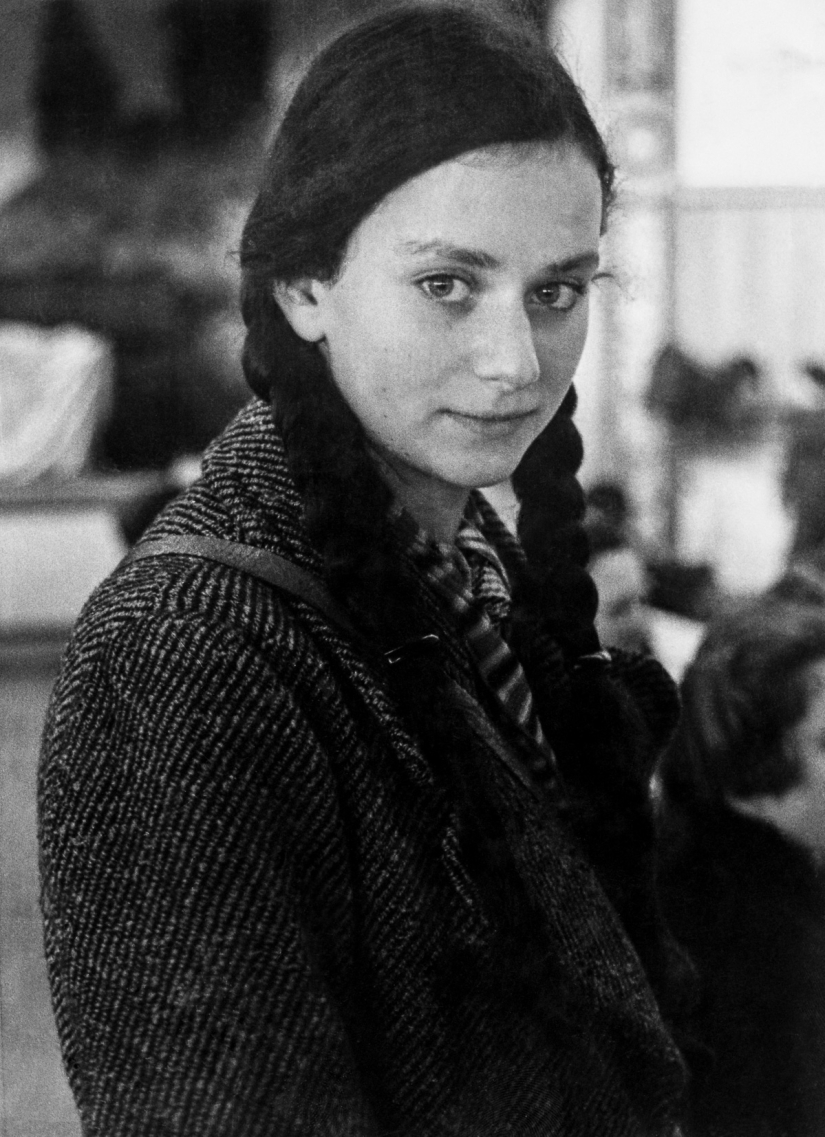
December 1938. The refugees have arrived in places of temporary residence.
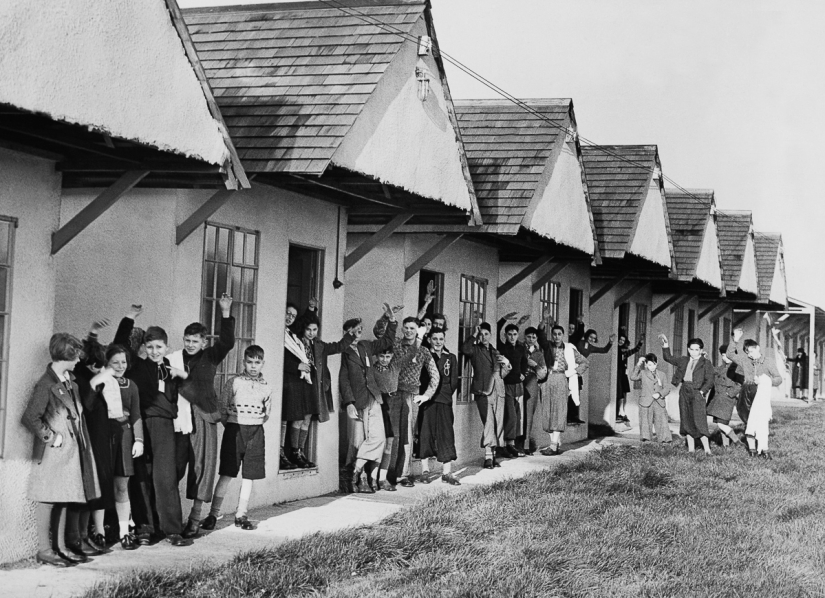
December 1938. The first lunch of refugees at the Dovercourt coastal camp.
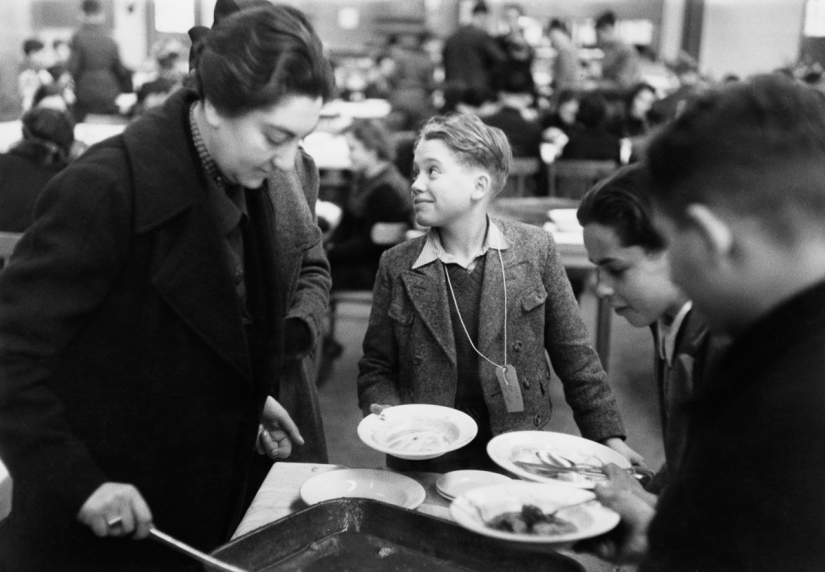
January 14, 1939. Two Eton schoolchildren give vocal lessons to refugees at the Dovercourt camp.
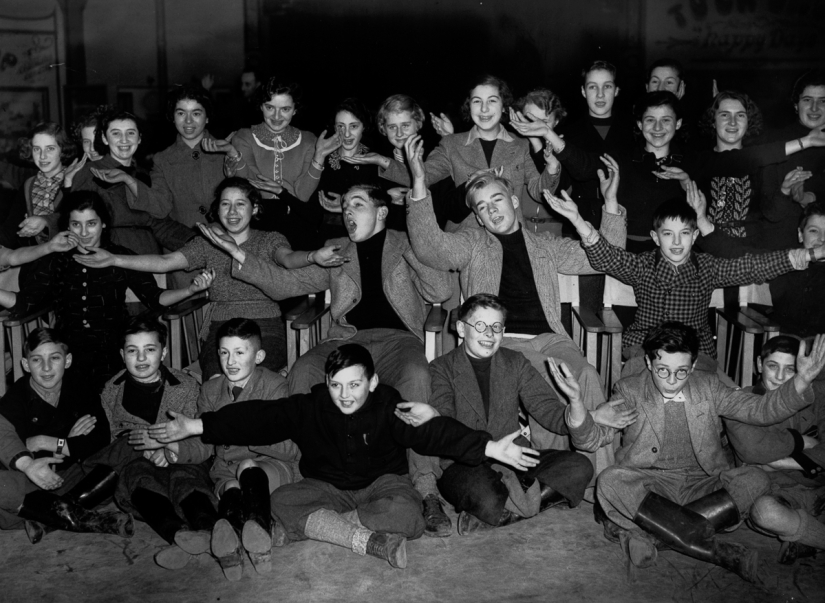
December 17, 1938. A refugee boy plays football.
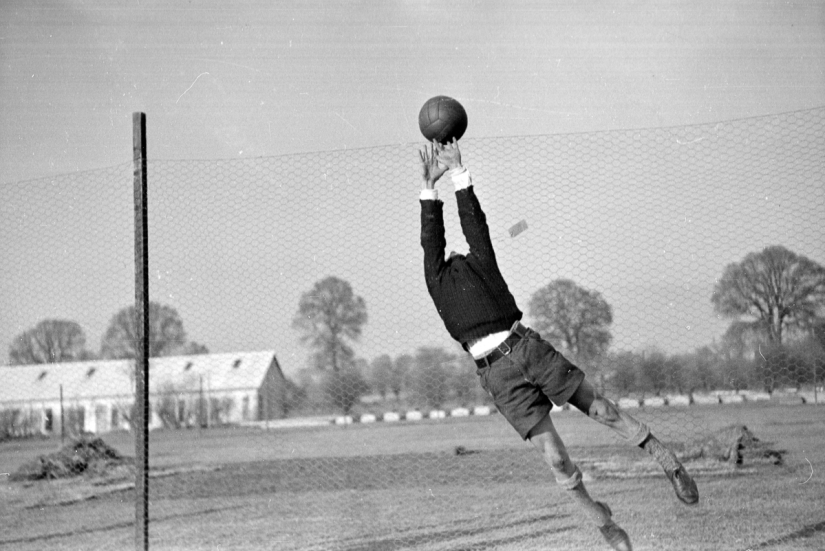
January 11, 1939. Miss Herford on a walk with refugee children.
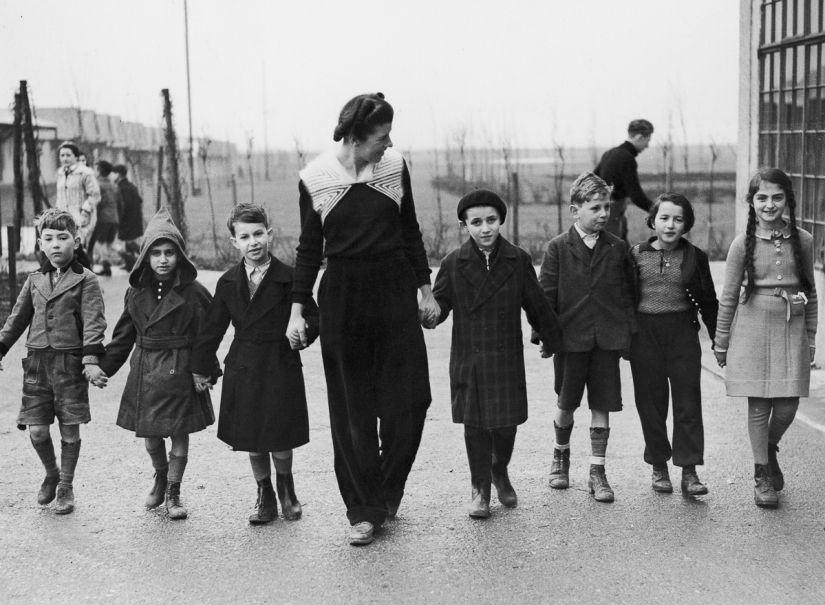
December 1938. Duty officers during lunch at the Dovercourt camp.

December 1938. A Jewish boy rings the bell to announce the start of lunch.
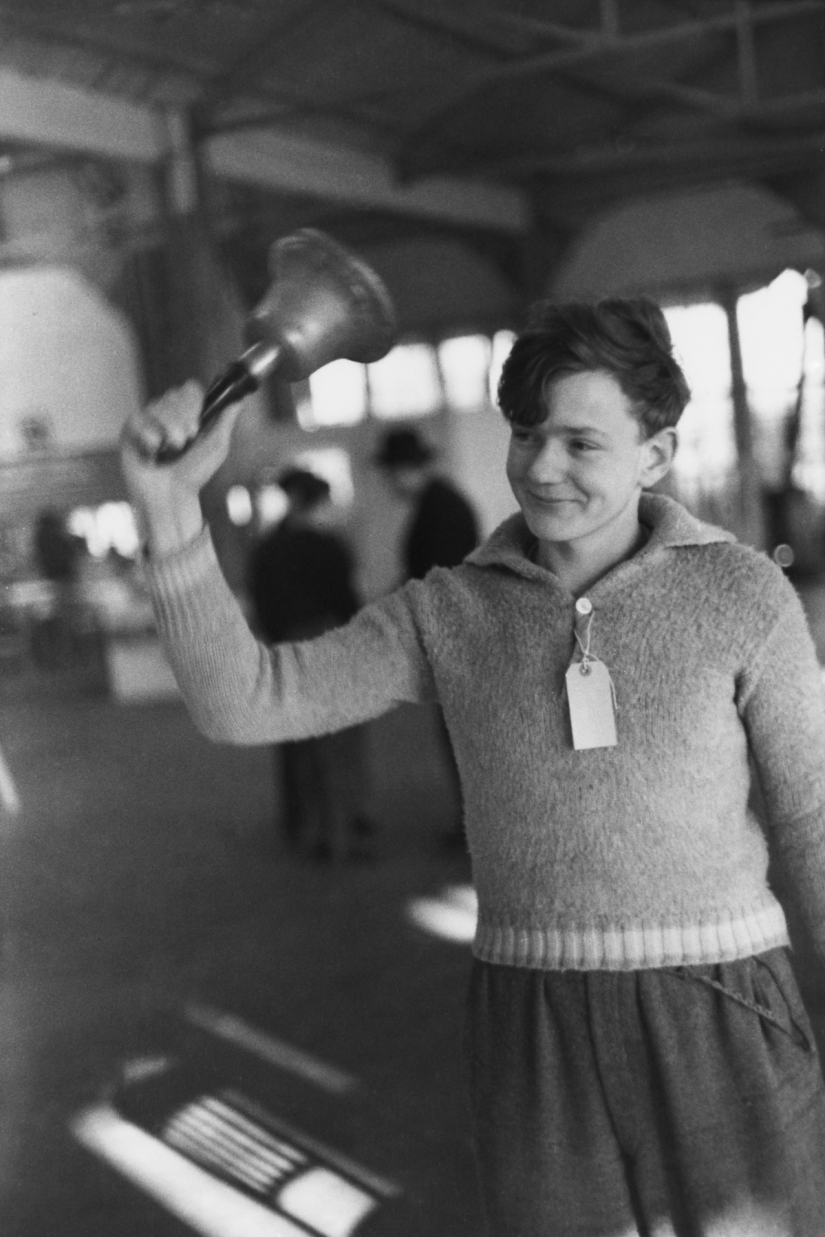
December 1938. Lunch at the Dovercourt recreation camp.
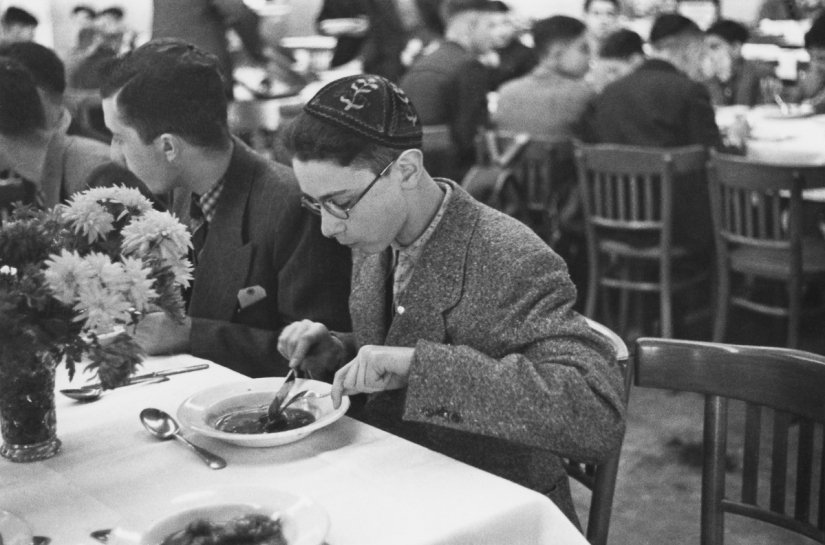
December 17, 1938. Dovercourt camp.
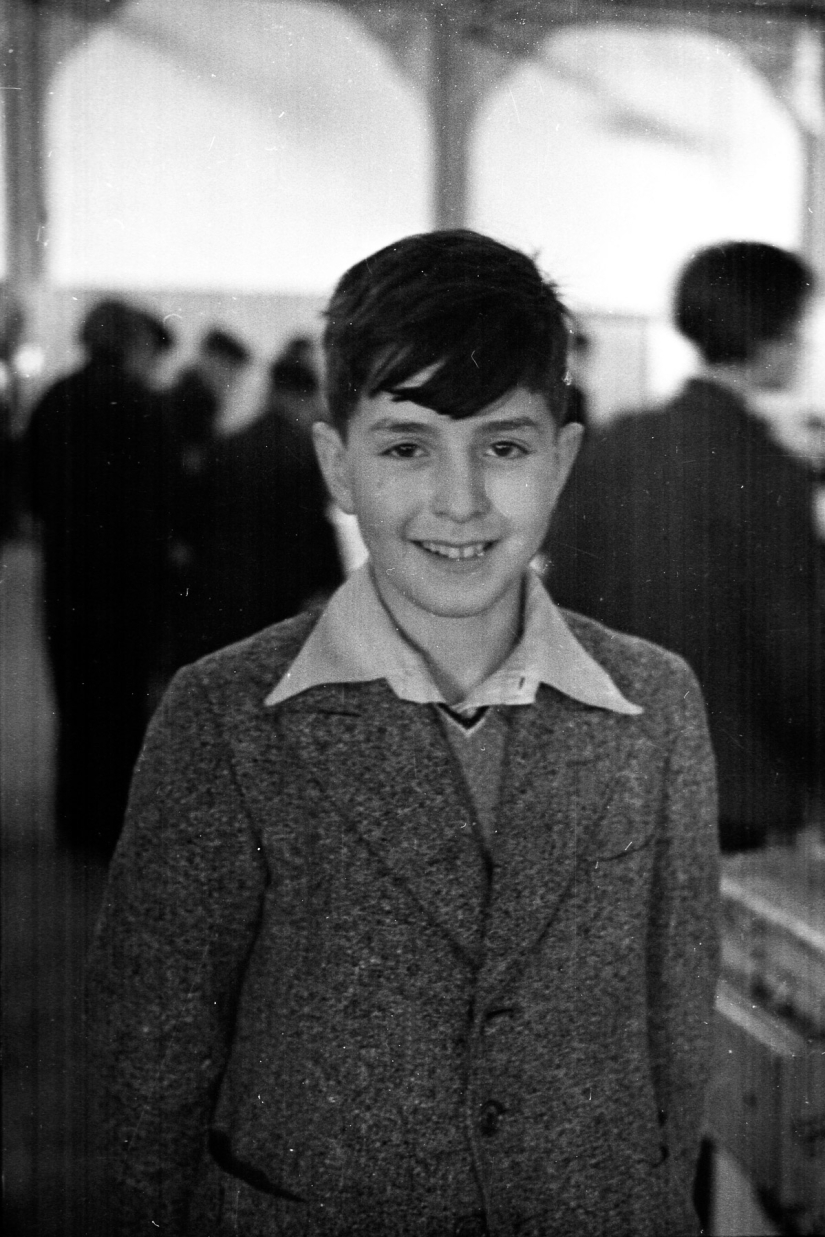
December 17, 1938. A refugee in Dovercourt.
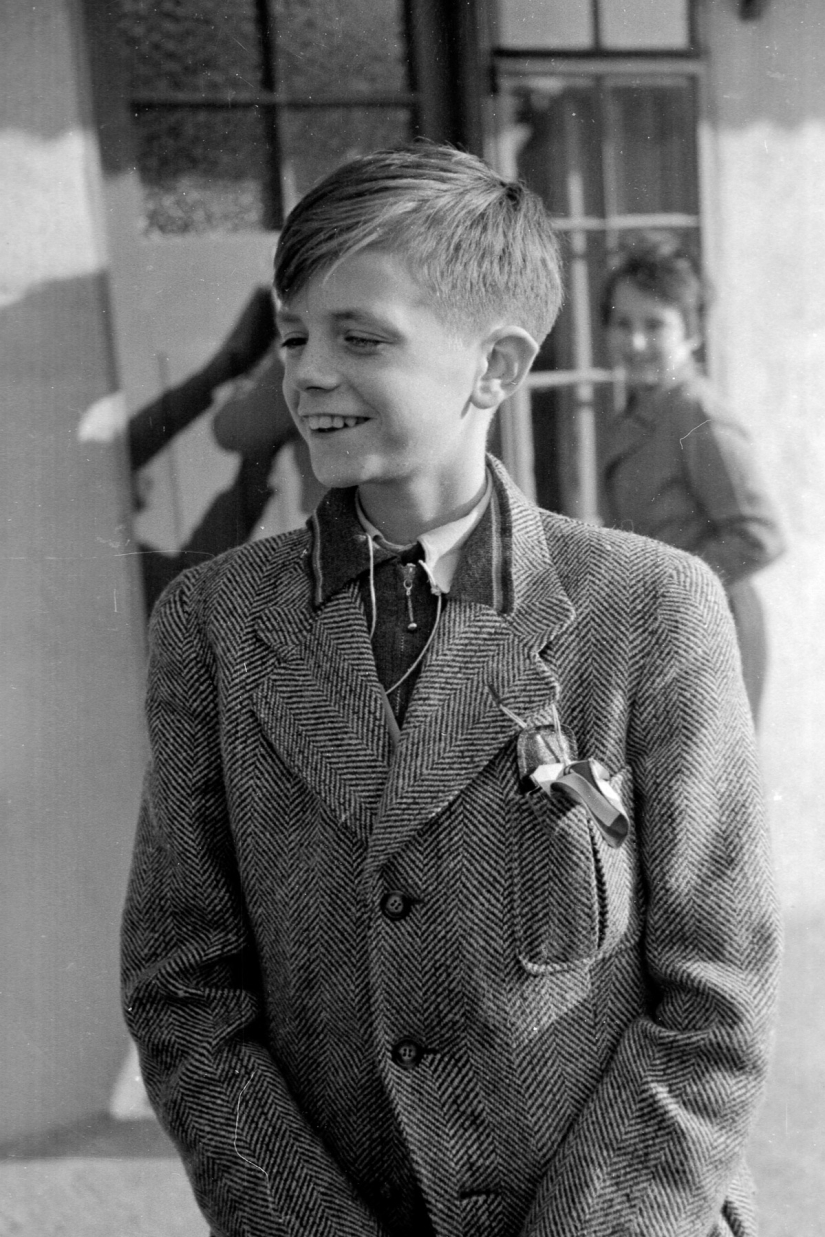
December 1939. Refugees rest after arriving at Dovercourt camp.
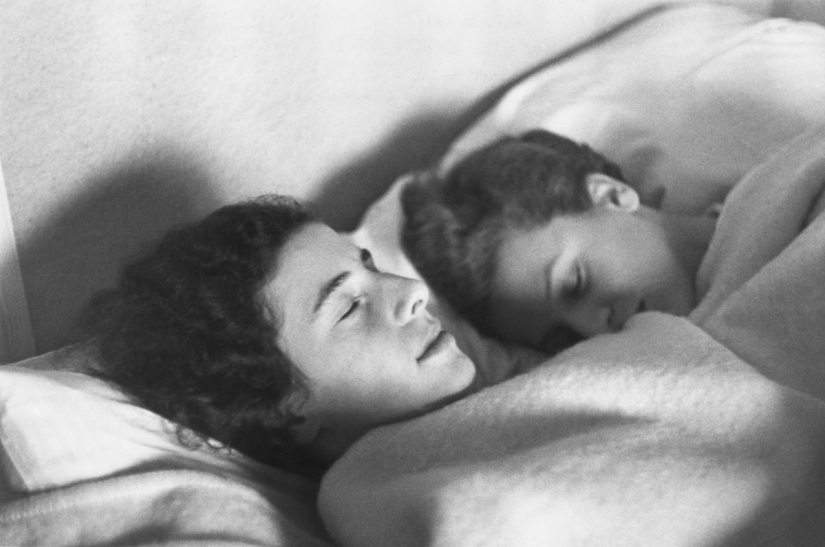
March 24, 1939. These four guys and 250 other refugees arrived in Southampton on the Manhattan liner.
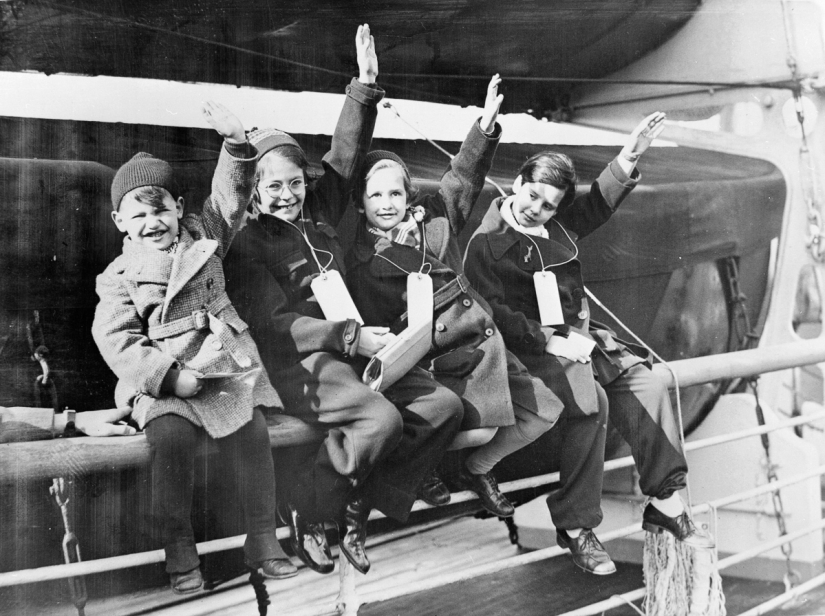
January 1939. 11-year-old Otto Busch together with his foster family — Mr. and Mrs. Guest.
The children were placed in foster homes, which they had to leave after the end of the war to return home. Many of them never saw their relatives again.
Among the children rescued during Operation Kindertransport were future Nobel laureates: astrophysicist Arno Penzias, physicist Walter Cohn — and many others who, despite having lost their home and family, became an outstanding politician, scientist or artist.
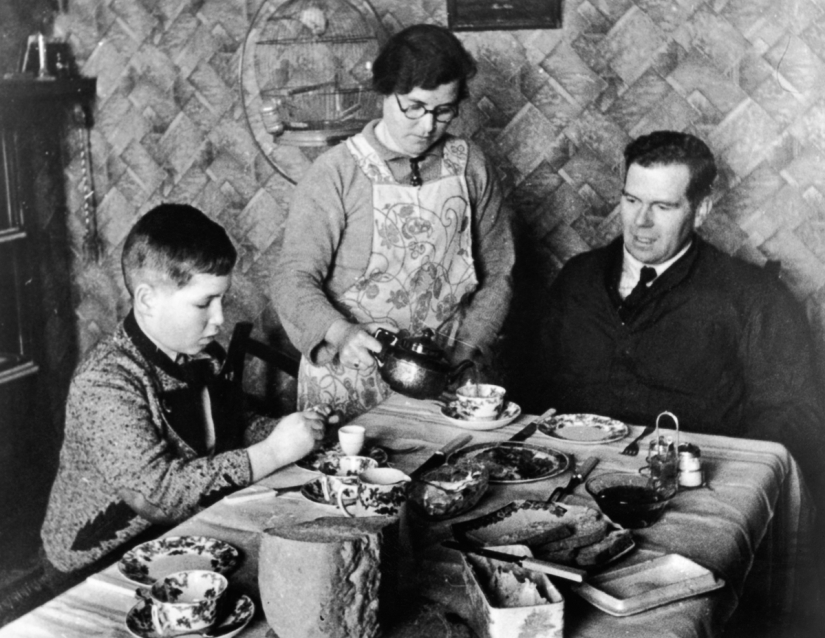
February 16, 1939. Refugees play at the Dane Court Farm, which Sir Edmund Davis has turned into a temporary shelter.
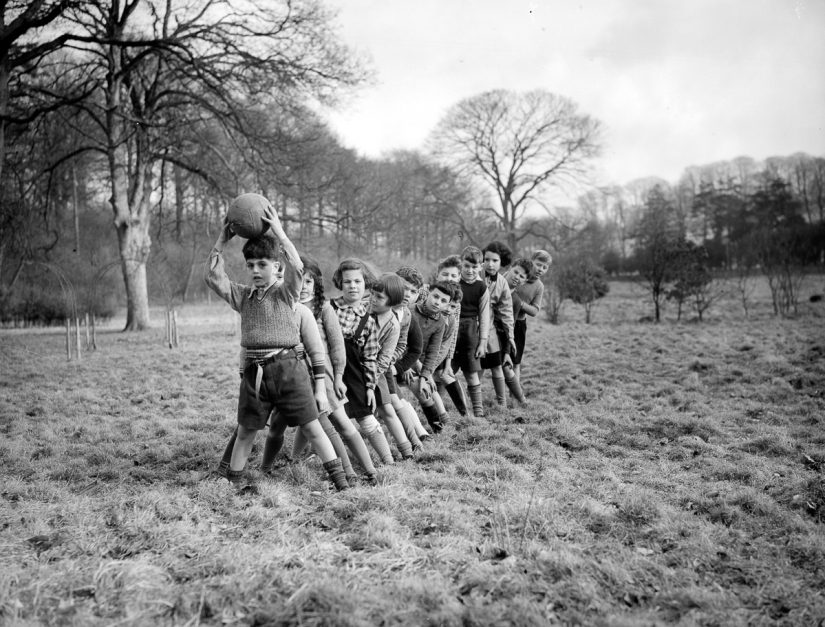
1939. Jewish refugees at Harris House, Lancashire. The house was closed in 1940 because the British authorities feared a security threat to Jews over the age of 16.
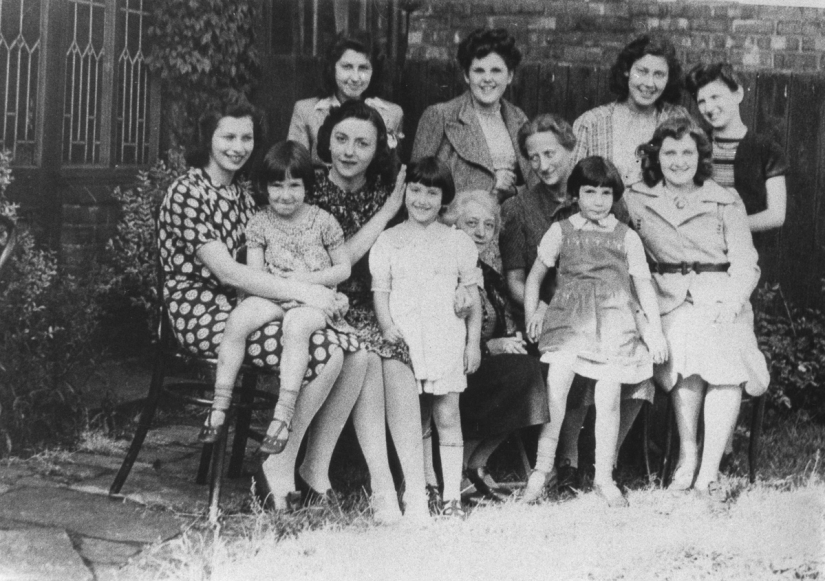
March 24, 1939. Refugees arrive in England on the American ocean liner Manhattan.
Keywords: Refugees | World War II | The Holocaust
Post News ArticleRecent articles

It's high time to admit that this whole hipster idea has gone too far. The concept has become so popular that even restaurants have ...

There is a perception that people only use 10% of their brain potential. But the heroes of our review, apparently, found a way to ...
Related articles

General Dmitry Karbyshev — one of the Soviet commanders who performed his duty to the end. This man was captured in the battle, ...

The name of Boris Skosyrev is not very familiar in our country, but in Europe this man was remembered very well. This energetic and ...

In April 1943, off the coast of the Spanish town of Huelva, fishermen picked up a drowned man in the uniform of a British Marine ...

New Year's is a time to surprise and delight loved ones not only with gifts but also with a unique presentation of the holiday ...